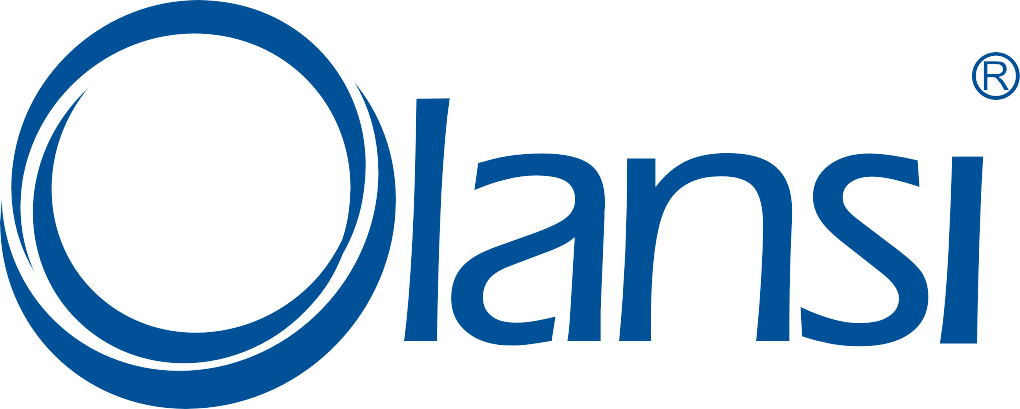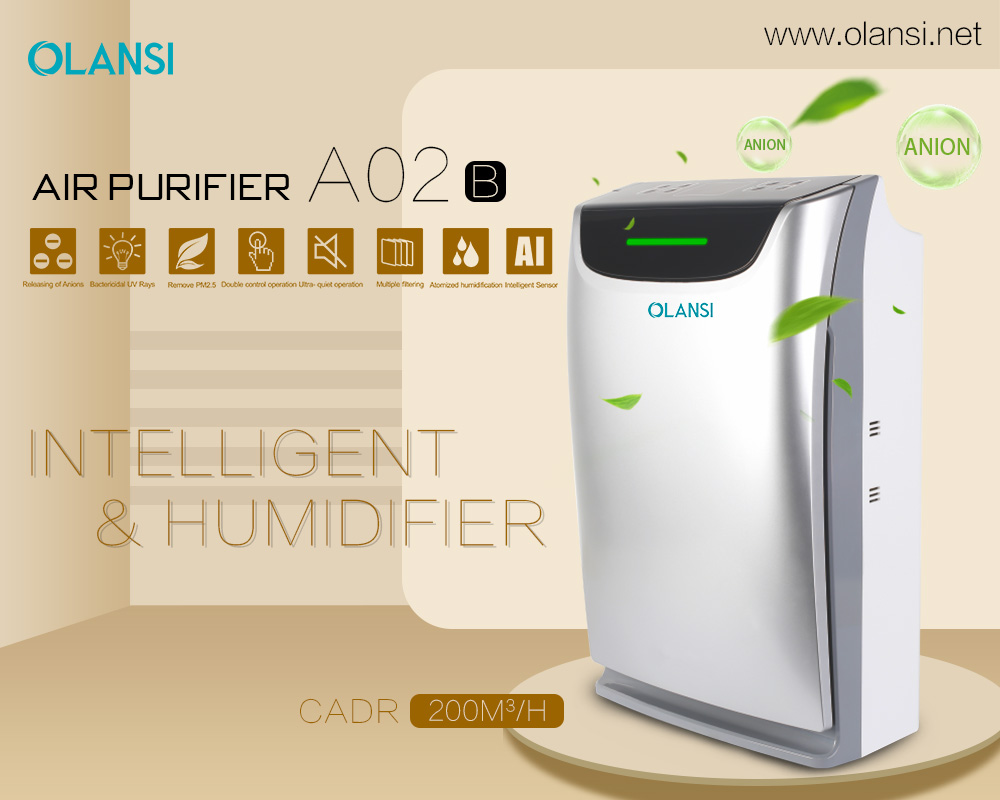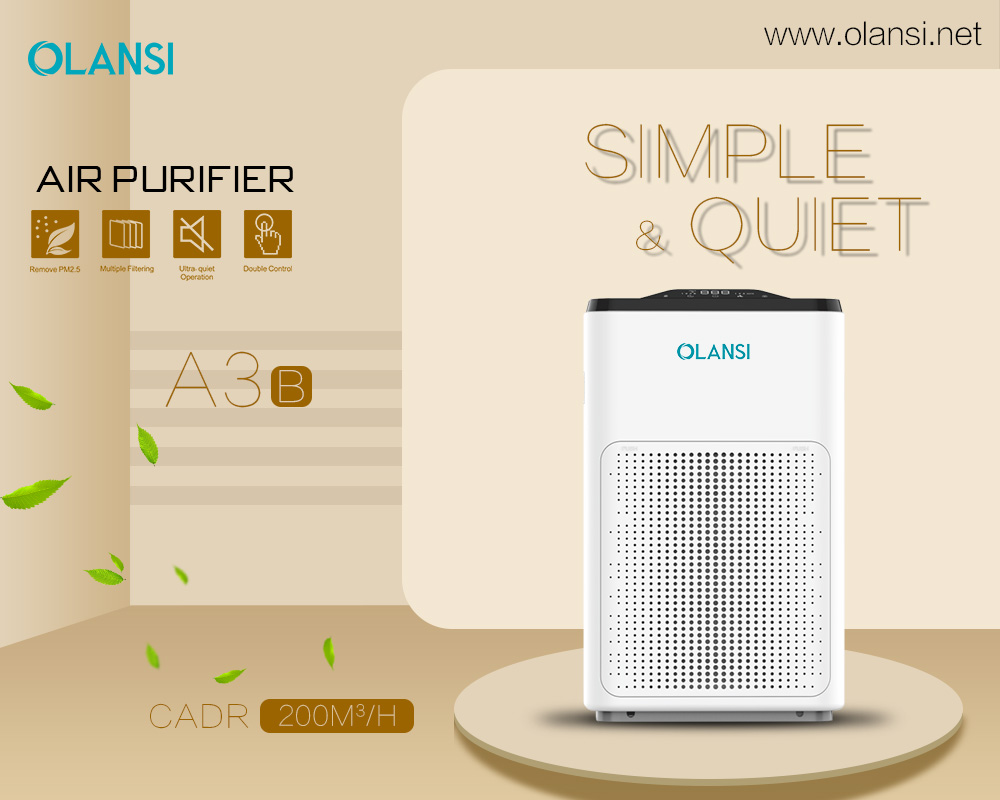Is air purifier good or bad, what’s the best way to implement Air Purifiers and be safe?
A lot of speculations and assumptions have been making the rounds that air purifiers are no good. The information even went as far as saying it can cause you more health damage than it will be doing any good with respect to purifying your indoor air. Others have come out to say that it can increase your coughing and sneezing symptoms. All this information has actually discouraged so many people from wanting to have anything to do with these purifiers.
But are these sources saying the correct thing? Should we rely on such information? These and many more are what this article will be verifying for you as you read on. If you have had a negative perception about air purifiers in the past, then you will be glad after reading this post.
The Basic Essence
The number one reason for making air purifiers is to ensure users have good health for as long as possible. This is against the widespread information that is being propagated by some persons that it is harmful. The real nature of air purifiers also counteracts the supposed information that has to do with its inflammability and capacity to bring about fire outbreaks. This negates the official information that has been put out by the respective authority that these devices have no negative implication on the body.
However, air purifying devices are of different kinds. This article will be putting you through a couple of them and equipping you with the necessary disadvantages that is associated with using any of them.
HEPA Purifiers
These air purifying devices make up the most popular category for now. HEPA air purifiers are notable for sucking in air, and with the help of their mechanical filters they are capable of stopping virtually 99.96% of particulate matter in that stream of air. They can trap air particles as small as 0.3 micrometers. Air particles such as pet dander, dust, mold, bacteria, and pollen cannot go through this filter model without being trapped. The filtration process will only allow for clean air to be produced afterward.
HEPA air purifiers have become a known recommendation for air purifying due to the various air filters that are contained in it. There is only one disadvantage that comes with using this purifier – you will have to keep changing the filter whenever it goes bad. Besides that, every other thing about this device is all good. You cannot use it without having those filters replaced as at when due, as that will reduce the efficiency of the device.
UV Air Purifiers
Talk of one of the most loved technologies, and you will have to give it to Ultra Violet light (UV). But even with the high demand for UV light technology, when it comes to using it for air filtration, there are certain basic features that are missing. The first thing you need to know about this UV air purifier tech is that it is completely safe for use. Ultra Violet light is an effective means of getting rid of harmful microorganisms such as viruses and bacteria. With UV air purifiers, microorganisms are killed and not just trapped, so there is no chance of that bacteria or virus ever escaping into the atmosphere again.
The shortcoming that is associated with this type of purifiers is that they don’t last for a long time, and are not the best option for trapping particles like dust. The more you use it, the more the efficiency continues to drop. Something tells me that this is not the type of air purifier you are looking for. Nevertheless, if you don’t mind the disadvantages, you can always give it try, and see if it is worth it.
Ionizers
Before we go any further, you should first understand that an ionizer is quite different from an ozone generator. Even though an ionizer gives out some ozone in the process of working, they are not to be categorized as the same. Ionizers function by releasing several anions into the surrounding atmosphere. These ions don’t have any negative effect on the human body, according to various studies. So when these anions come in contact with positively charged air particles, a neutralization reaction is meant to occur. The effect of that reaction is that the air particles end up becoming too heavy, eventually falling off the atmosphere. This makes the air clean and safe for breathing.
The major disadvantage with this device is that it has a slow working process and its air purifying technique is not as effective as that of HEPA purifiers. Another thing is that it could generate a static kind of shock, since the negative ions are still present in that space.
Ozone generators
Here you have it! One bag egg out of the bunch. This may be the reason why many people see air purifiers as a bad choice and a harmful option. Many experts have already warned the public to stay away from anything that looks like an ozone generator. The reason is because they have been deemed dangerous to human health, and can have serious devastating consequences if these instructions are ignored.
Unfortunately, sneaking manufacturers have their own marketing strategy of selling this product. Some go as far as removing the ozone part of the name so that customers will not be aware of what they are buying. Ozone generators are, however, used in most factories to get rid of the stench produced by factory activities. While there are ongoing research on how they can be made safe for use, we like to think of ozone generators as being suitable for such factories alone for now.
Conclusion
You have read it all yourself. Air purifiers are not as dangerous as many people say they are. In fact they are designed to ensure a healthier lifestyle whenever you are indoors. The ozone generators are the ones that are to be avoided. HEPA air purifiers are, however, effective in cleaning out unwanted particles from the air you are inhaling. Their durability is not in question, as they can last for a long time as long as you undertake the regular maintenance by changing the filters whenever they go bad.
For more about air purifier,you can pay a visit to olansi air purifier at https://www.olansi.net



